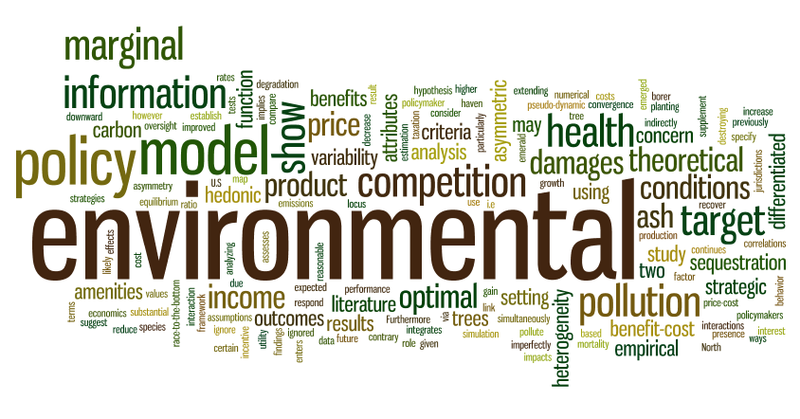We tend to talk about the global environment in a series of interconnecting and incomplete stories. The West is especially guilty of this in terms of it’s judgment of the environmental practices of “the rest”. Sometimes these stories are in competition and experience a certain friction. For example, does the developing world hold “primitive ecological wisdom” or are they harming the environment and need Western scientists to regulate their natural resource management?
How are we misunderstanding other people’s stories?
The first and one of the most important parts of storytelling is: who is telling the story? The storyteller is a key agent in the dynamic of environmental management because whoever tells the story has an inherent power to frame it in the manner of their choosing. The way stories are told are the beginning point for action, and this gives the storyteller a crucial privilege.
The second aspect of storytelling is our preconceptions of identities. We stereotypically associate certain groups of identities, but these are generalizations. Assumptions and generalizations lead to uniformed actions that may have serious negative environmental repercussions.
The last aspect of storytelling is problem of speaking in cliches. When we focus on a one-dimensional aspect of a story that valorizes concepts in order to motivate change, that is a key sign that we are often neglecting to look at the full picture.
How to Complete the Story
What we need to do is focus on getting a more comprehensive and complete version of the stories, complete with the overlapping identities that create its diversity. Whether the story is a binary version of Nature/Culture or any other dualism, it is crucial for the critical thinker to realize that completing the story matters.
After all, how would it be if we were judged on our stereotypes? Stereotypes of the West often include incomplete stories of rampant consumerism and ecological damage. Does the average citizen living in a developed country think about their environmental impacts, or take things for granted? Is this who we are? No. Maybe it is a part of that identity, but it is not a general truth, nor is it the only aspect of our identity.

Single Stories of Individuals Taken From: https://jebkinnison.files.wordpress.com/2014/08/stereotype.jpg
In order for our future human/environment interactions to achieve positive results at a global level, it is critical for people to complete the narratives of environmental destruction and identity that rampantly cloud our collective knowledge basis, and our resulting actions.
